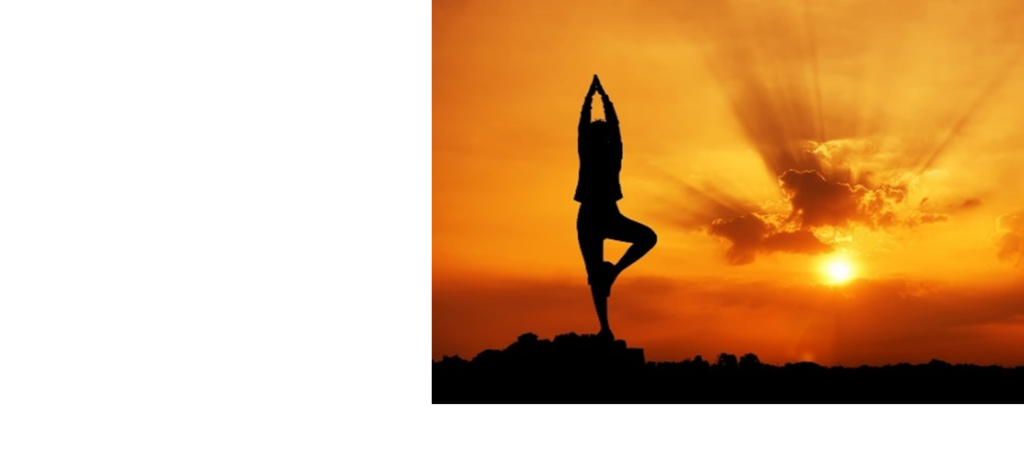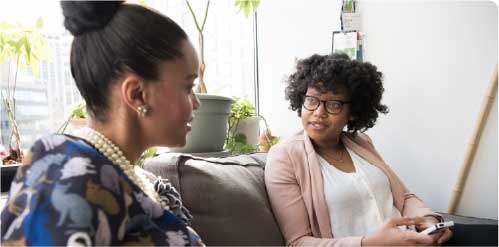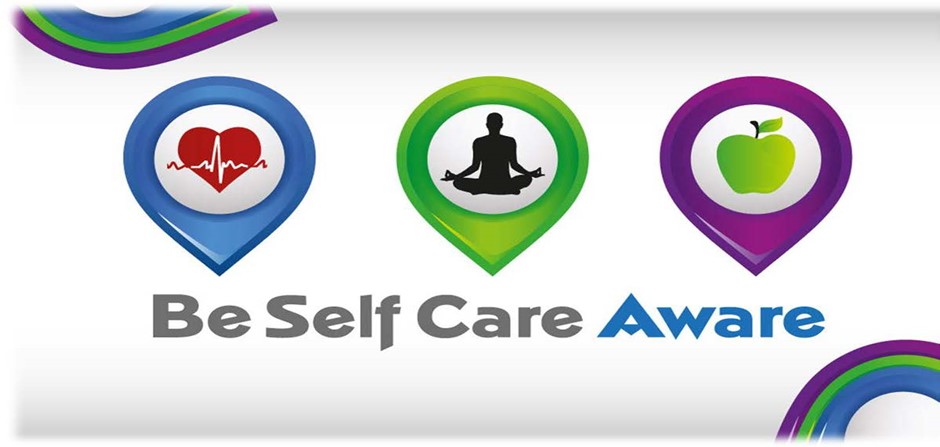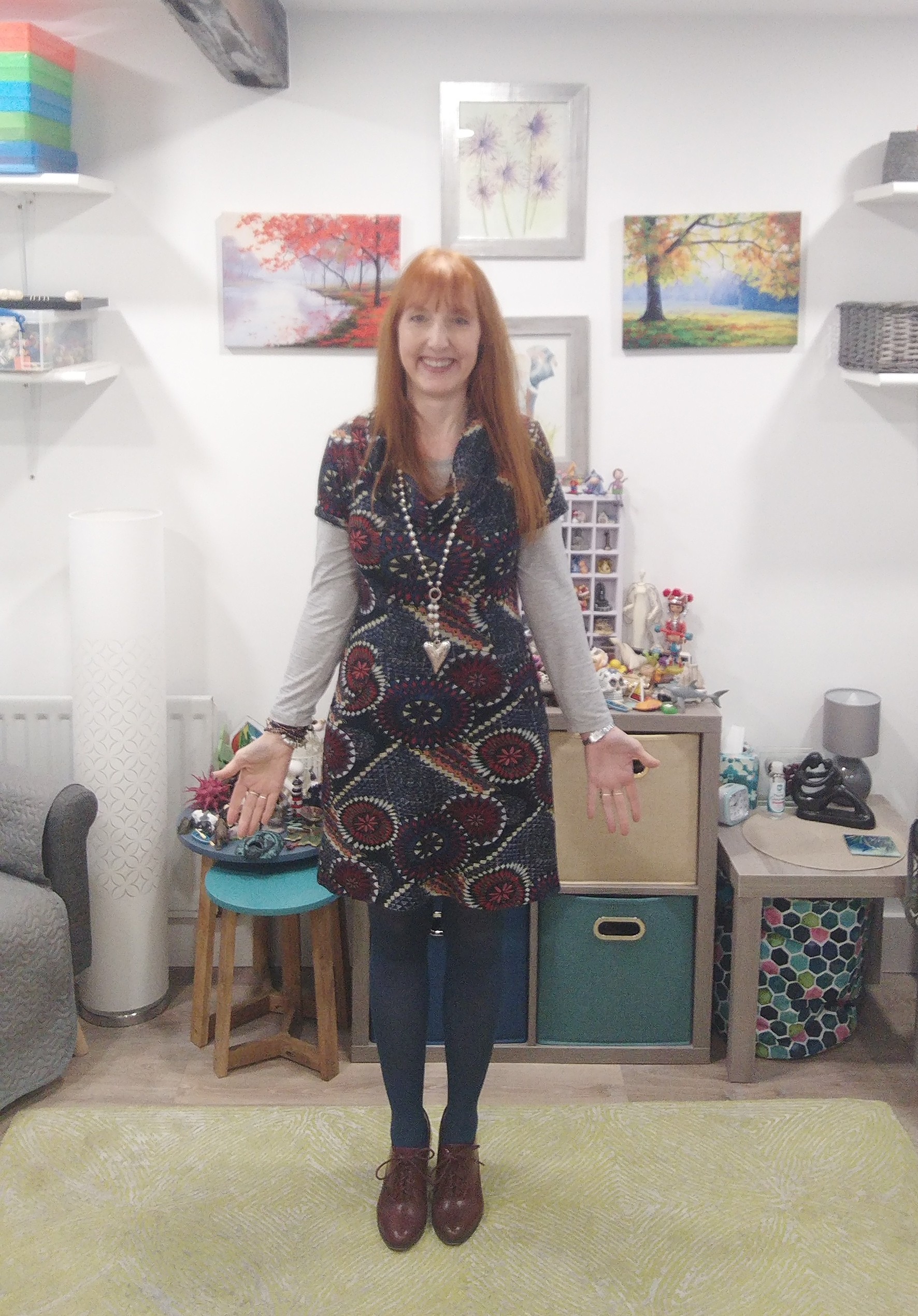Hello fellow colleagues, co-workers and friends welcome to the final and fourth week in our brief series of weekly well-being guides. The thinking behind these guides was to support you by offering some tips around well-being and self-care, but we recognise there is a lot of helpful material out there now so it feels right to pause our guides for now. We also notice that there seems to be an increasing level of overall fatigue with everything right now, a struggle with being in a limbo space, which can feel exhausting on so many levels, and we don’t want to overwhelm you. As we say ‘goodbye’ we want you to know that we are still very much available for individuals who would like some personal advice on specific issues and situations, and if you would like us to write another guide on a particular topic do get in touch.
For me, it all still seems somewhat surreal. During this pandemic we had no choice, but to board our own ships and navigate frightening and unchartered seas. As I reflect today, I think of the capacity of the human spirit. It brings to mind of our Thursday clap for our key workers – of all those the pots and pans banging loudly amongst the cheers. We have had to adjust to very different and necessary ways of living, work out new ways of relating and being connected, and we are doing okay with such immense challenges.
Adjusting and stabilising was perhaps our first task after the storm came, trying to create a sense of routine and stability within our homes and working lives. Attending to our physical well-being as we found ourselves in survival response mode. Once settled, we could begin to think about our emotions and psychological states (though we do also recognise that this is a non-linear process and that we can flow between feeling settled and unsettled). With this in mind in our guides we have tried to help you consider things in a sequenced way that mirrored this process. Now, in our final week we are attempting to contemplate our spiritual well-being. This might sound like we are a tad ‘bonkers’ and stepping into ‘Alice in Wonderland,’ given that we are still very much in a global and national crisis, facing ongoing uncertainty, and daily loss; we hope you will stay with us on this topic and take something from our thoughts.
Spirituality is a hard to define, but to us (the writers) is about the appreciation, connection and relationship we have to a higher level, or force within and around us. It may, or may not, involve a religious belief and practicing with a community, but equally it might simply be about the relationship we have with the wider world, and/or ourselves, and how we engage and commune with this. It can encompass broad concepts such as love, beauty, nature, and can be explored though mediums such as art, literature, poetry, dance, and music (to name a few areas). Spirituality also speaks of how we as sentient and creative human beings individually seeking a sense of connection to something larger, and working out our place in the world by simply being who we are.
For us, two key themes in spirituality are MEANING and PURPOSE. Though there can be much value in knowledge you do not have to know the works of Michelangelo, Leonardo da Vinci, Donatello or Raphael (yes my knowledge of famous artists is limited to characters from teenage mutant ninja turtles) it can be as simple as to appreciate the panoramic hues of the sun setting like a canvas in the sky. So, whether it’s listening to the classical works of Bach, Mozart or Beethoven, or melodic birdsong; reading Shakespeare, Dostoyevsky, or a simple children’s tale – if it brings you joy and gives you hope, and creates a sense of pleasure in the midst of crisis it is extremely valuable. We can find meaning and purpose through the roles we have in life, through our relationships, through our beliefs, but meaning and purpose can also be found in the small everyday tasks like tending to plants in your garden, looking after your dog, caring for your family, or contributing to a cause, your community, or the wider world. It really doesn’t matter if it is big, or small what matters is how you feel about it personally. When facing collective loss and trauma, as we are right now, finding everyday meaning seems to take on a much greater significance. I, for one, want to speak of the permission I am trying to give myself to feel small moments of joy in amongst the despair, and of how important it is to make room for hope and courage amongst the collective sadness, helplessness and fear.

SPIRITUAL WELL-BEING.
- Altruism: Being selfless and doing stuff for others can help us feel purposeful and good inside of us. Of course, this is best when we are also caring for ourselves and not over extending ourselves. In the current ever-changing larger world system of battling Covid-19, we can sometime feel lost and powerless, by partaking in acts of kindness we can send clear messages to the brain of our importance in the world and our power to help enrich people’s lives during this difficult time. Please don’t underestimate small acts of kindness – a friendly wave, checking on a neighbour (within the guidelines), a telephone call or text message, offering to walk someone’s dog who is self-isolating, dropping off medicine or food, or being part of a local of national response project. These acts can make a huge difference to other people’s well-being, emotional and mental state, and the bonus is that they fill us too by making us feel good about doing something worthwhile. Remember acts of altruism don’t have to be big they can simply be just how you respond to people in your home, like noticing your partner is overwhelmed and offering to cook, or even letting them have the free reign of the television if you are feeling super generous! Altruism keeps our connection to others and it creates a sense of togetherness.
- Words of affirmation: In an earlier guide (under emotional well-being), I talked about words of self-kindness, but using kind words to others is also important. Just like before don’t just say nice things, back it up with evidence and be real, “you are brave, loving, supportive because………?” Offering evidence makes it harder for people to dismiss words of affirmation. Saying nice things makes us feel good about ourselves by stimulating positive emotions. Finding ways to maintain our close relationships and foster intimacy and connection is particularly important right now. We can help to do this by affirming others in a genuine way and also being supportive. So, whether it’s those kind words, sending a funny meme, seek to share moments of laughter and pleasure as we look after our relationships with others.
- Gratitude: Over-thinking and giving attention to future and/or past negative events, or as we mentioned before over exposure to the news and social media, can cause a process that will create negative emotions and distress. Remember when threat-monitoring if you are looking for negative evidence in your life you will find it and at the expense of seeing any positive evidence. Creating a list (in your mind or written down) of things that you are grateful for has the opposite effect; it causes a process of thinking that concentrates on positivity, thankfulness, hope. Celebration and giving ourselves permission to feel pleasure is important in terms of our resilience. Find 3-5 things each day you are grateful for. My family and I do this over dinner, we each take turns telling each other 3 things we are grateful for either during that day, or as part of the bigger picture of our lives. Mindfulness can also help you feel gratitude, try practicing ‘thanks’ as you notice things in your garden, or on your walks; as you stroke your dog or cat – it can be as simple as enjoying a hot shower, or smelling the cut grass as your neighbour mows his lawn (unless you have hay fever of course). Practising gratitude can help us feel alive and grounded.
- Finding your inner Picasso: You might not consider yourself artistic, but you don’t have to have an art degree to be creative. Your art might look like a Picasso after a G&T or a couple of beers, but it is not about the end product more that any artistic/creative activities can help us disengage from stress and feel better. When truly immersed in activities we can enter what ‘positive psychologists’ refer to as ‘flow’- this is an engaged but free state of mind, and one in which we are certainly not focusing on our worries. Activities like keeping a journal, writing a blog, doodling, making a collage using old magazines or materials picked up on your daily walk, can help with listening to our inner selves and think about what is important to us. Whether your art is an evil looking Covid-19 blob, simply colours on a page, or poetic words – it is all valid! Sometimes we may be able to reflect on what is being expressed and find meaning, at other times we won’t and this is fine too as something is being released and finding its own form of communicating. Remember also, that other more general activities and hobbies such as repairing things, DIY, being in the garage tinkering, baking, cooking, gardening, exercising, or even tidying are also excellent activities in terms of distracting from, and distancing any anxiety or worried thoughts. But as we have said before though don’t give yourself a hard time if all you are doing is getting up, working, and caring for those around you. Getting through the day – honestly that’s good enough.
- Appreciating the beauty in nature: There is something enriching about being present in nature; just appreciating the simplistic beauty of it keeps us grounded and connected to the larger world around us. Whether it is walking through a wooded area, watching the sun break through the clouds or setting on the horizon, there is something about being present in a natural moment of wonder that allows us to experience the beauty around us. The positive beneficial effects of nature are truly existential and should just be accepted, experienced and enjoyed and not broken down scientifically. Try to schedule walks in nature, look at the night sky, watch the beauty of a sunset and feel the spiritual benefits for yourself. Don’t forget that when we are mindfully in the moment our minds are free of worry and anxiety, and this is good for our bodies and our spirit.
Well, my fellow journeymen you have succeeded in reaching the end of our final guide in this brief series. We sincerely hope you have been able to take what you needed individually from our guides. Although we have broken things down into weekly topic guides, we wish to encourage you to view all the areas of well-being and self-care we have spoken about as interconnected. Our mind, body and spirit are all connected and we need to try to look after the whole. We would encourage you as you go forward to be mindful when things get out of balance, to continue to try and look after yourself across all areas even in small ways. If things do get out of balance, just to allow and accept yourself, remember there are no right or wrong ways to be in these times. Remind yourself you are doing the best you can given your circumstances. Don’t be afraid to seek help if you need it, we all need support at times. Remember, it is totally normal to feel stressed at the moment given all that is going on, and that some days will be better than others.
As this will be the last of our guides I would once again like to encourage you to contact us if you need some advice or support for yourself (or for somebody you know). Although you may not hear from us please remember we are still here and ready to help. So, for what might be the final time I wish you, your families, and your loved ones well as you all keep on navigating. Keep holding it together in whatever way you can, steering that ship across the waves. I hope you continue to find small windows of joy, purpose and meaning in these troubled times. The human spirit (that is your spirit) is nothing less than AMAZING!
With love and blessings for your continued health and well-being.
Take care 😊
Contact details – [email protected]
Helpful links:
- Self-Resourcing with Mindfulness in Uncertain Times- https://www.youtube.com/watch?v=6tt9MePbPxI&feature=youtu.be
- Support for Keyworkers- https://www.supporttheworkers.org/
- Intensive care society: Wellbeing resource library- https://www.ics.ac.uk/ICS/Education/Wellbeing/ICS/Wellbeing.aspx?hkey=92348f51-a875-4d87-8ae4-245707878a5c
- Coping with Coronavirus- https://www.copingwithcoronavirus.co.uk/index.html
- Maintaining health and wellbeing during the Covid-19 pandemic- https://www.kcl.ac.uk/ioppn/maintaining-health-and-wellbeing-during-the-covid-19-pandemic
- Psychosocial responses to COVID-19 Psychosocial mental health and wellbeing support for staff- https://learn.nes.nhs.scot/28063/coronavirus-covid-19/psychosocial-mental-health-and-wellbeing-support-for-staff
- Just listening- https://www.justlistening.com.au/
- Compassionate wellbeing- https://www.compassionatewellbeing.com/compassion-safe-relating-and-world-change.html
Recent Blogs
-
January 11, 2022
Week 4: Tips for Coping with isolation and working from home.
-
January 11, 2022
Week 3: Tips for Coping with isolation and working from home.
-
January 11, 2022
Week 2: Tips for Coping with isolation and working from home.







